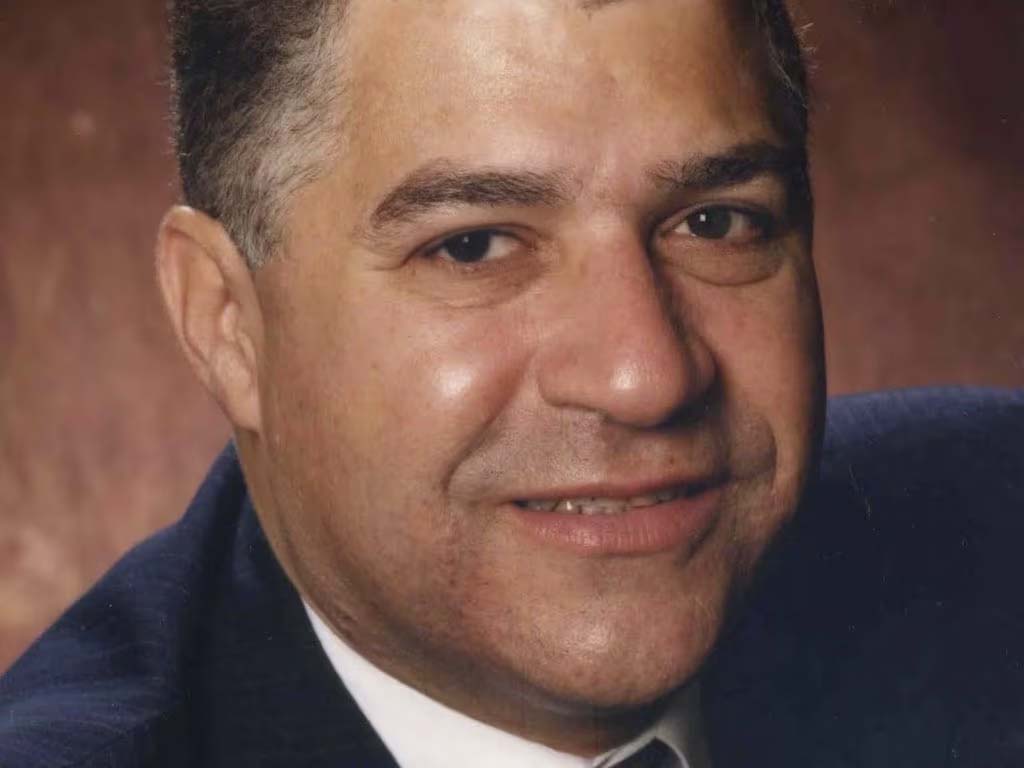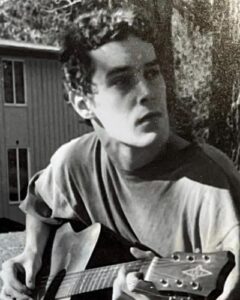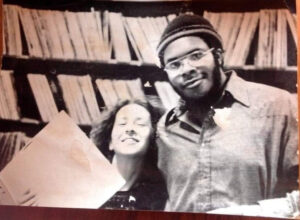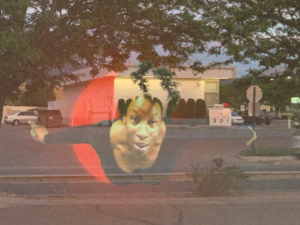Who gets permission to be a poet? Which kids are told to aspire to be artists, and which kids are told to seek menial work? How can educators teach in a way that is liberatory? How can we interrupt thought processes born from the seeds of internalized oppression?
I teach poetry out of school time with a dope group of black and Latin@ youth. When people ask I usually say I’m a professional big homie. Clearly an adult, but undeniably young. Close enough in age to use the same text shorthand, listen to the same music, laugh at the same memes. Close enough in age to feel actively traumatized by cell phone videos of black kids being flipped out of desks for the crime of their blackness or getting their ribs cracked by cops squatting on their backs.
Space for these conversations might not be held at their schools, but they are aware of what’s going on. I recall having a discussion about haters in my hip-hop workshop. We were thinking collectively about how haters deny others their success and strive to keep people in their place. A young woman (who usually spent my class sucking her teeth and taking selfies) raised her hand. “This might be random, but did you hear about that woman who got pulled over and then died in jail? I think her name was Sandra something.” Her comment was anything but random. Sandra Bland’s ultimately fatal exchange with Officer Encinia is an example of the lengths a person will take to ensure that others feel inadequate and unworthy. And young people are drawing these connections, if tenuously.
They are kind. They are funny. They are snarky. They are plugged in and, simultaneously, tuned out. For many of them, their educational experiences involve being actively policed. They arrive in my classroom after eight hours of being herded by bells, walking through metal detectors, having each move be subject to scrutiny that could result in disciplinary action. And we know too well the chain reaction that creates. Removing black kids from class and putting them in detention prepares them for the potential reality of being removed from the community and put in jail. Schools convince kids of color of their criminality and further acclimate them to oppression.
Poetry is a tool that can be wielded against this oppression. Poetry is a place where you can bring your questions, your grief, your hopes, and your fears. It can hold all that without buckling under the weight. It can hold all of you without caveat. William Carlos Williams defined a poem as a “large or small machine made of words.” In my classroom we build machines that work to dismantle the systems hell-bent on our extinction.
I say our extinction because I understand that my liberation is inextricably linked to theirs. We want the same things: to live to be 30, to get our grandmas out the hood, to experience joy. This is not about some shallow definition of service that puts an idealistic adult at the front of a classroom full of “high risk” “high need” brown kids. This is about a framework that assumes competency on the part of the students and arms them with skills to aid in their survival. Writing is one of those skills. The ability to wield words with power can be transformative. This is why subjugation thrives on suppression of literacy and language. This is why it is important to encourage youth to speak truth to power.
So much of my work is giving young people permission. Giving them permission to think expansively about themselves and their world. Giving them permission to see themselves as agents of change, to exercise their own agency in a society that works to deny their humanity. Their experiences of moving through the world are shaped by other people’s (often limited) views of who they are and what they might be. Art grants them permission to think beyond those constraints.
One of my lil homies wants to be a teaching artist. Every time he says it my heart does backflips. This ambition is evidence of two things: his ability to see himself as a maker, a creator of art, and his desire to use that gift to empower other young people. He knows that both of those things are attainable— he sees educators of color like my colleagues and I do it every day.
I treat all my young people like they could be the next Carrie Mae Weems or bell hooks or Basquiat or June Jordan—even the ones that snapchat in the back of my class. Because they could be. We limit our potential as a nation when we think of them any other way.
Simone John is a poet, educator, and freelance writer based in Boston, MA. She completed her MFA in Goddard College in 2014. Since then, Simone has devised youth poetry workshops examining topics from the values of hip hop culture to the power of poetry as a form of protest. When she isn’t working with talented young people, Simone writes documentary poetry that blends current events with her lived experiences as a black woman in the United States. Her first full length poetry collection, Testify, is forthcoming from Octopus Press in 2017.








